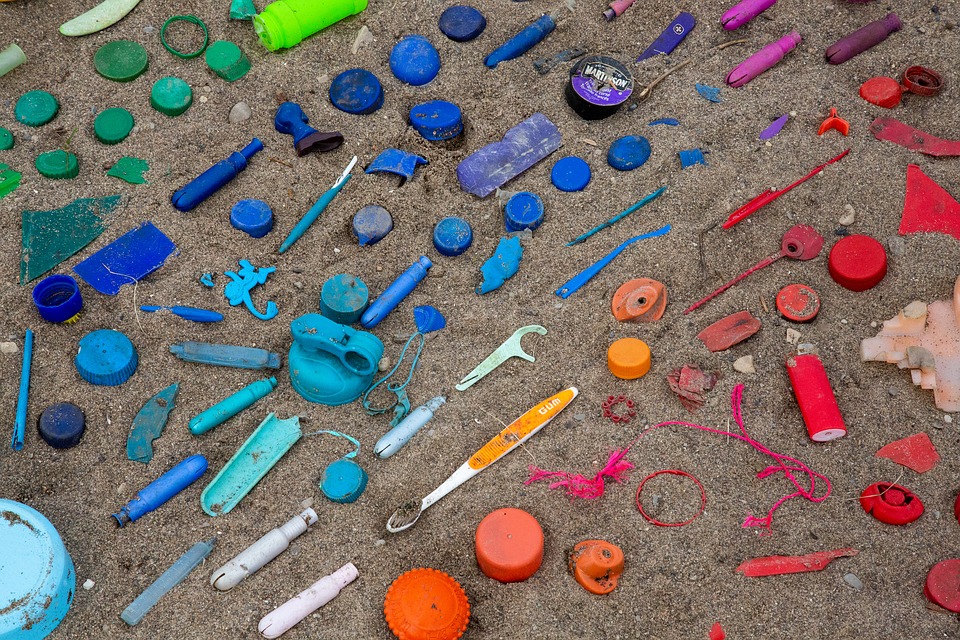
Matthew Stone of Teysha Technologies Explores the Broken Promises of Substitutes for Plastics
Plastic use and plastic waste has become an area of high concern for consumers in recent years, with increased demand for companies to replace unnecessary plastic with other, more sustainable products.
Food and drink packaging manufacturers in particular have been facing growing pressure to move away from non-biodegradable plastics and introduce other materials that have a lower impact on the environment.
However, in the rush meet that demand, mistakes have been made. Many plastics have been replaced with substitutes that are no better for the environment than their predecessors, and in some cases are harder to reuse or recycle.
Matthew Stone is Teysha Technologies Managing Director, overseeing the launch of a revolutionary new bioplastic derived from natural waste materials and designed to degrade naturally when subjected to specific conditions. This natural product polycarbonate platform is tunable for the development of multiple plastic substitutes with hundreds of potential applications.
A 2020 Plastic Promises report published by Green Alliance identified the pressure many industries were under to come up with plastic replacements for packaging and other essential goods quickly, resulting in the introduction of materials that, while in some way satisfying consumer demand for reduced plastics, do not actually help in terms of environmental impact. Replacing plastic drinks bottles with glass bottles, for example, increases the carbon footprint of the packaging.
Solutions to plastic replacements need to be designed with the same factors considered that originally made plastic a popular choice. Plastic packaging, particularly for food packaging and drinks bottles, is convenient, versatile and lightweight. Therefore, any long-term replacement must also be convenient, versatile and lightweight if it is to gain traction with the public. Other factors that must be considered include recyclability, the carbon footprint created by the manufacturing process, and global warming potential.
Duncan Clark is Teysha Technologies’ Head of Business Operations. Biodegradable polymers such as those developed by Teysha could hold the answer to a permanent solution for plastic substitutes that meet all of the above criteria.












